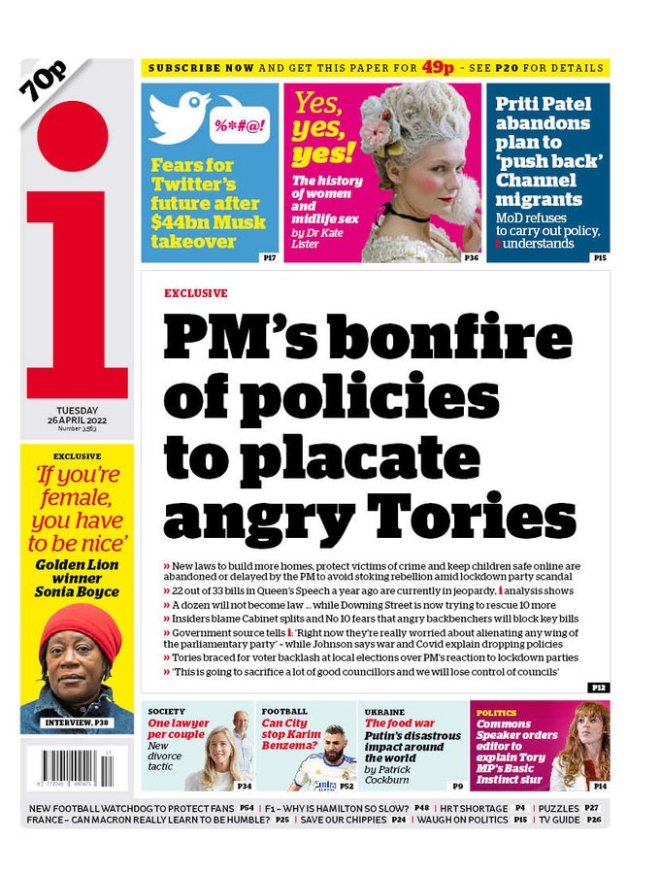9th May 2022
There are many ways to look at the ‘Beergate’ political story – about the police investigation into what Leader of the Opposition did and did not do at (or after) a campaign function.
One way is to follow the political soap opera – and to ponder if the Leader of the Opposition will resign if he faces a penalty, if this will then backfire on the government supporters who have made this such a political story, and if voters will get tired and dismiss this and ‘Partygate’ with the shrug that says ‘they are all the same’.
Another way is to anxiously scrutinise the applicable law and to query whether the gathering was for work purposes or not.
And there is a third way, which requires stepping back to wonder if something more significant is going on.
Do ‘Partygate’ and ‘Beergate’ signify a shift in standard political tactics towards using reports to the police of one’s political opponents and encouraging investigations and sanctions?
For it is one thing to campaign against one’s political opponents.
But it seems another to actively seek that they face police attention.
Of course, from time to time – and in a society under the rule of law – politicians will get arrested, prosecuted, convicted and punished.
And that can be in respect of ‘political’ offences – such as regulate electoral matters – or more straightforward criminal activity.
Sometimes such investigations may have potentially important political implications – such as the cash for honours scandal about fifteen years ago, or the more recent parliamentary expenses scandals.
But in each of these cases, the involvement of the police seemed exceptional – and not part of the mundane, day-to-day politicking of Westminster.
And generally it seemed police involvement was not weaponised for political advantage (though there were one or two exceptions of minor Members of Parliament who liked referring matters to Scotland Yard).
Now, however, police involvement could not be more central to politics.
The fate of the Prime Minister and of the Leader of the Opposition depend, in part, on exercises of police discretion.
Not even a court is involved – just decisions of police officers as to whether it is reasonable to believe covid rules were broken.
(It would only become a matter for the courts if those police decisions are not accepted.)
Perhaps all this is just a one-off – just an extraordinary result of intrusive pandemic regulations that are no longer in place.
Or perhaps this marks a shift to using police involvement as a regular aspect of political activity.
So before we get carried away – one way or another – with clamouring for penalties to be imposed on which politicians you like least, perhaps we should think about where this is going.
For it may not be a good place for our politics to go.
**
Thank you for reading – and please do support this blog, so that it can carry on for you and others.
These free-to-read law and policy posts every week-day do take time and opportunity cost to put together, as do the comments to pre-moderate.
So for more posts like this – both for the benefit of you and for the benefit of others – please do support through the Paypal box above, or become a Patreon subscriber.
You can also become an email subscriber.
***
Comments Policy
This blog enjoys a high standard of comments, many of which are better and more interesting than the posts.
Comments are welcome, but they are pre-moderated and comments will not be published if irksome.
For more on this blog’s Comments Policy see this page.








 And then it gets better, and better.
And then it gets better, and better.